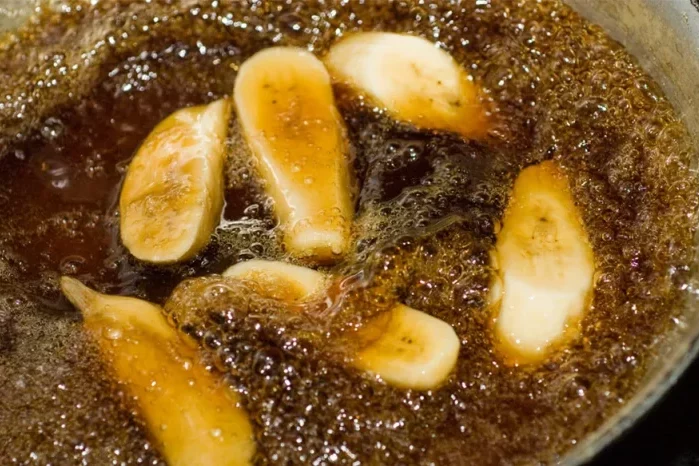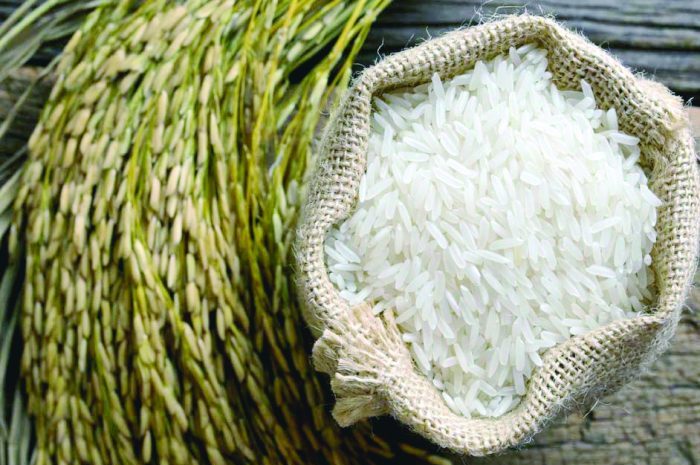In a world where the battle against sugar intake rages on, low sugar fruits stand out as champions of health. For individuals managing diabetes or simply aiming to reduce their sugar consumption, these fruits offer a delicious and nutritious alternative. Understanding the benefits and characteristics of low sugar fruits can empower individuals to make informed dietary choices that support their overall well-being.
List of Low Sugar Fruits
When it comes to low sugar fruits, variety is key. Here’s a comprehensive list of fruits that are low in sugar, along with their approximate sugar content per serving:
Lemons and Limes: Approximately 1-2 grams of sugar per fruit.
Raspberries: A little over 5 grams of sugar per cup.
Strawberries: About 7 grams of sugar per cup.
Blackberries: Also 7 grams of sugar per cup.
Kiwis: Roughly 6.7 grams of sugar per fruit.
Grapefruit: Around 10.6 grams of sugar in half a grapefruit.
Avocado: Only about 1 gram of sugar per fruit.
Watermelon: Less than 10 grams of sugar per cup.
Cantaloupe: Less than 13 grams of sugar per cup.
Oranges: A moderate amount of sugar.
Peaches: Around 13 grams of sugar for a medium-sized peach.
Nutritional Profiles
While low in sugar, these fruits are rich in essential nutrients, making them valuable additions to any diet. Here’s a breakdown of their nutritional profiles:
Lemons and Limes: Although low in sugar, lemons and limes are packed with vitamin C and antioxidants. They are also a good source of fiber, aiding in digestion.
Raspberries: Raspberries are high in fiber, vitamin C, and manganese. They also contain antioxidants known as flavonoids, which may have anti-inflammatory effects.
Strawberries: In addition to vitamin C and fiber, strawberries provide folate, potassium, and antioxidants like anthocyanins, which contribute to heart health.
Blackberries: Blackberries are rich in vitamin C, vitamin K, and fiber. They also contain anthocyanins and other antioxidants that support brain health.
Kiwis: Kiwis are loaded with vitamin C, vitamin K, and vitamin E. They also contain potassium and folate, contributing to heart health and overall immunity.
Grapefruit: Grapefruit is high in vitamin C and fiber. It also contains antioxidants like beta-carotene and lycopene, which may help reduce the risk of chronic diseases.
Avocado: Avocado is a unique fruit that provides healthy fats, fiber, potassium, and vitamins E, K, and B6. Its low sugar content makes it an ideal choice for those watching their carbohydrate intake.
Watermelon: Despite its sweetness, watermelon is relatively low in sugar and calories. It’s also hydrating and contains antioxidants like lycopene, which may promote heart health.
Cantaloupe: Cantaloupe is rich in vitamin A, vitamin C, and potassium. It also contains antioxidants like beta-carotene, which supports eye health.
Oranges: Oranges are famous for their vitamin C content, but they also provide fiber, potassium, and antioxidants like flavonoids, which have anti-inflammatory properties.
Peaches: Peaches offer vitamin C, vitamin A, potassium, and fiber. They also contain antioxidants like chlorogenic acid, which may have anti-inflammatory effects.
Serving Size Guidance
While low in sugar, it’s essential to be mindful of portion sizes to manage overall sugar intake. Here are some recommendations on serving sizes for these fruits:
Lemons and Limes: Use them as flavor enhancers in water or dishes.
Raspberries, Strawberries, Blackberries: Enjoy a cup as a snack or add them to yogurt or oatmeal.
Kiwis: Eat one whole kiwi as a snack or add slices to salads or smoothies.
Grapefruit: Half a grapefruit makes a refreshing breakfast or snack.
Avocado: Enjoy half an avocado as a topping for toast or in salads.
Watermelon, Cantaloupe: Aim for one cup of diced fruit per serving.
Oranges: Enjoy one medium orange as a snack or add slices to salads.
Peaches: Limit to one medium-sized peach per serving.
Incorporation into Diet
Incorporating these low sugar fruits into a balanced diet is easy and delicious. Here are some ideas on how to enjoy them:
Snacks: Keep a bowl of mixed berries in the fridge for a quick and healthy snack.
Breakfast: Add sliced kiwi or strawberries to your morning cereal or oatmeal.
Salads: Toss diced avocado, grapefruit segments, and peach slices with greens for a refreshing salad.
Smoothies: Blend watermelon, raspberries, and a splash of lime juice for a refreshing smoothie.
Desserts: Make a fruit salad with a variety of low sugar fruits for a guilt-free dessert option.
Recipes and Preparation Tips
Here are some simple recipes and preparation tips to make the most of these low sugar fruits:
Citrus Salad: Combine segments of oranges, grapefruit, and sliced kiwi. Drizzle with honey and sprinkle with mint leaves for a refreshing salad.
Berry Parfait: Layer Greek yogurt with mixed berries and a sprinkle of granola for a delicious parfait.
Avocado Salsa: Mix diced avocado, tomatoes, onions, cilantro, and lime juice for a tasty salsa to accompany grilled chicken or fish.
Watermelon Feta Salad: Toss cubed watermelon with crumbled feta cheese, mint leaves, and a balsamic glaze for a sweet and savory salad.
Peach Smoothie: Blend a ripe peach with Greek yogurt, almond milk, and a dash of cinnamon for a creamy and nutritious smoothie.
Conclusion
It’s important to remember that dietary needs vary from person to person. While low sugar fruits can be beneficial for many, individuals with specific health concerns or dietary restrictions should consult with healthcare professionals for personalized advice. By incorporating these fruits into a balanced diet, individuals can enjoy their natural sweetness while supporting their overall health and well-being.
Related Topics

























